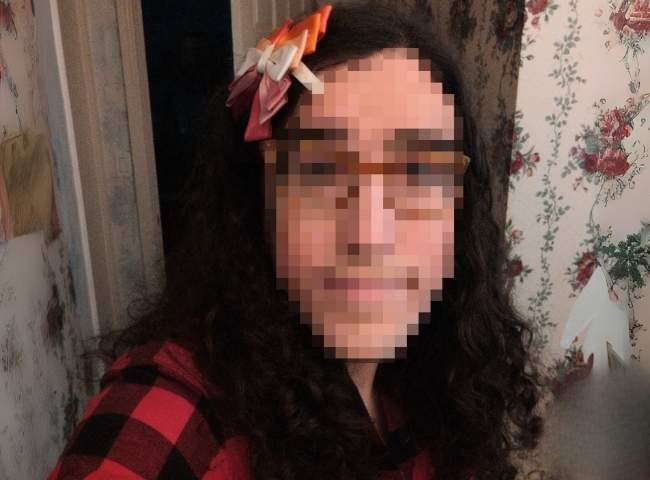Meet Rosa

Rosa's story
Electrolysis Support Fund recipient
Rosa (she/her) is a 32-year-old disabled trans woman who has experienced homelessness in the past and is once again facing housing instability, currently staying with an abusive relative with no transportation or safe alternatives. Without any current income, Rosa has been awaiting a decision on her SSDI application since February 2023.
Due to ongoing mental health challenges, Rosa struggles with maintaining daily hygiene and often relies on shaving and color-correcting makeup to conceal facial hair. She also experiences symptoms that may be related to trichotillomania, compulsively pulling out facial hair—especially during periods of anxiety or dysphoria. “Shaving sometimes helps,” she shares, “but permanent hair removal would be a big step in addressing it.”
For Rosa, access to gender-affirming hair removal would not only support her mental health and reduce daily distress, but also increase her safety and comfort while living in a hostile environment. It’s a meaningful step toward stability, dignity, and self-affirmation.
Rosa's timeline
-
Award Granted
April 22, 2025
Rosa was awarded a grant toward permanent hair removal!
About Hair Removal: Femme Award
On average, it costs $2,300+ for Rosa's care.
- What is it?
- Before care
- After care
What is it?
Point of Pride provides grants to trans femme people seeking hair removal on their face, neck, or an area of the body in preparation for bottom surgery.
What is life like for a person who needs this care?
For trans femme folks, particularly trans femmes of color, access to facial hair removal often equates to safety against anti-trans violence or discrimination. It's common for applicants to note issues with employment and public safety, particularly if their facial hair is dark or thick. Electrolysis and laser hair removal services are often deemed cosmetic and therefore not covered by health insurance plans.
What is the impact of this care on the recipient’s life?
Access to hair removal often leads to a more positive emotional well-being, increased confidence, increased safety when in public, and better opportunities at employment and more.
Your support funds healthcare that's
life-changing. Life-saving. Life-giving.